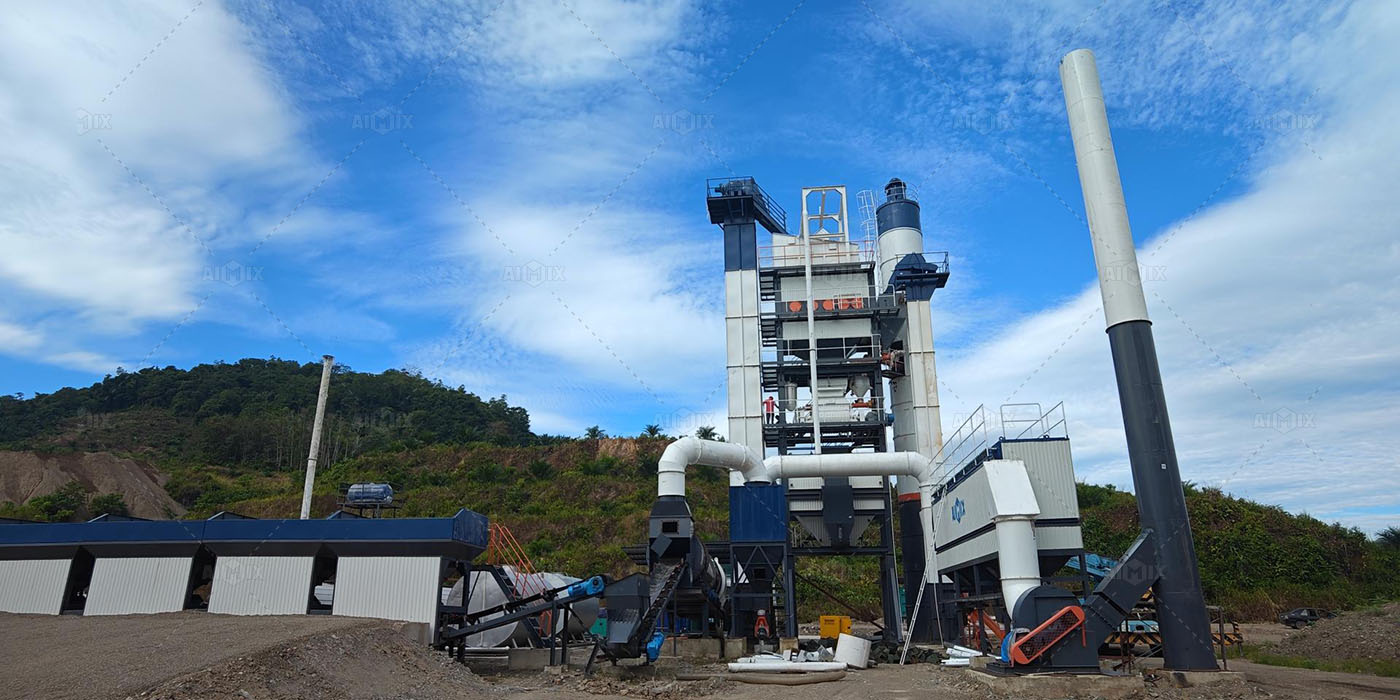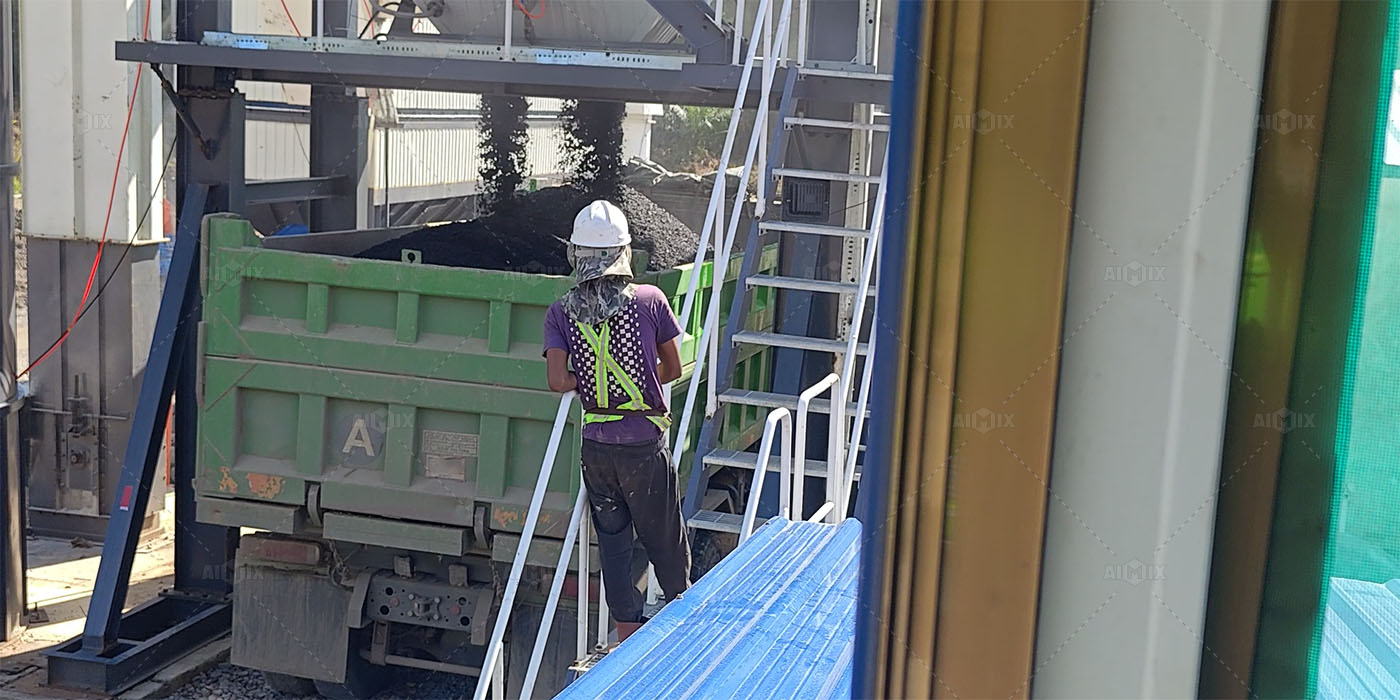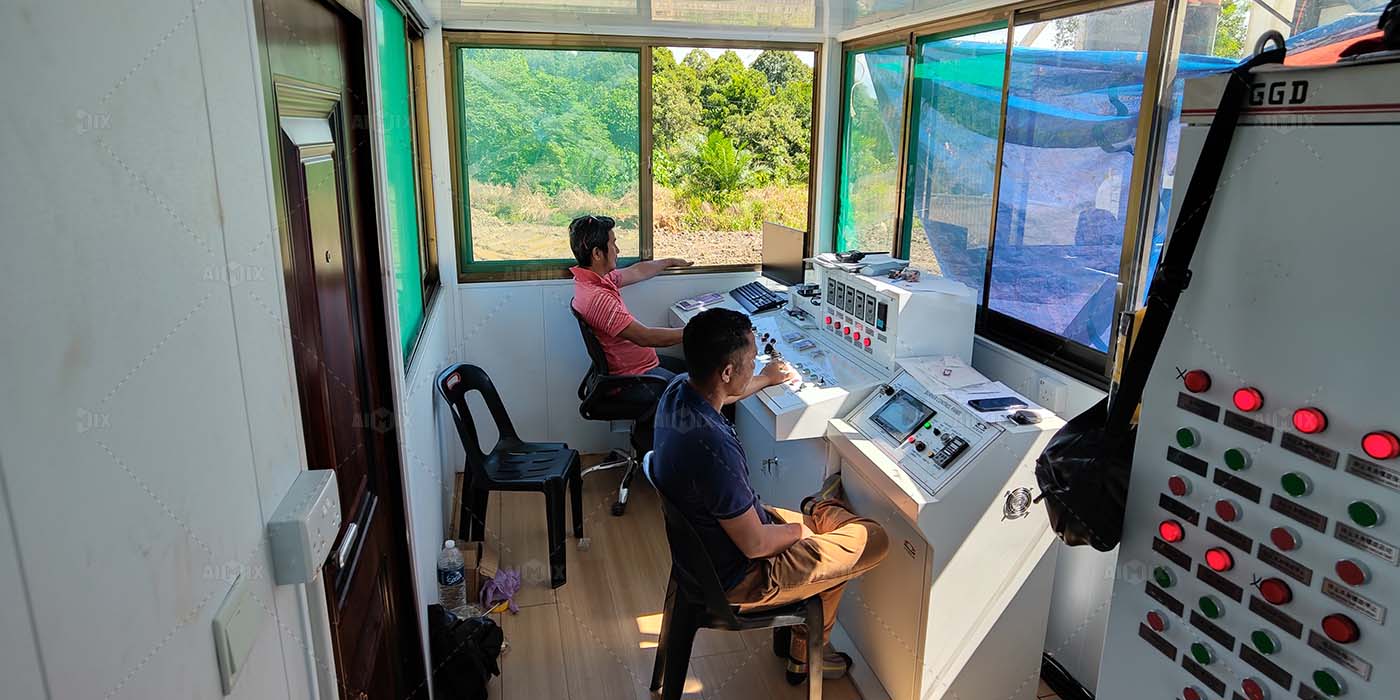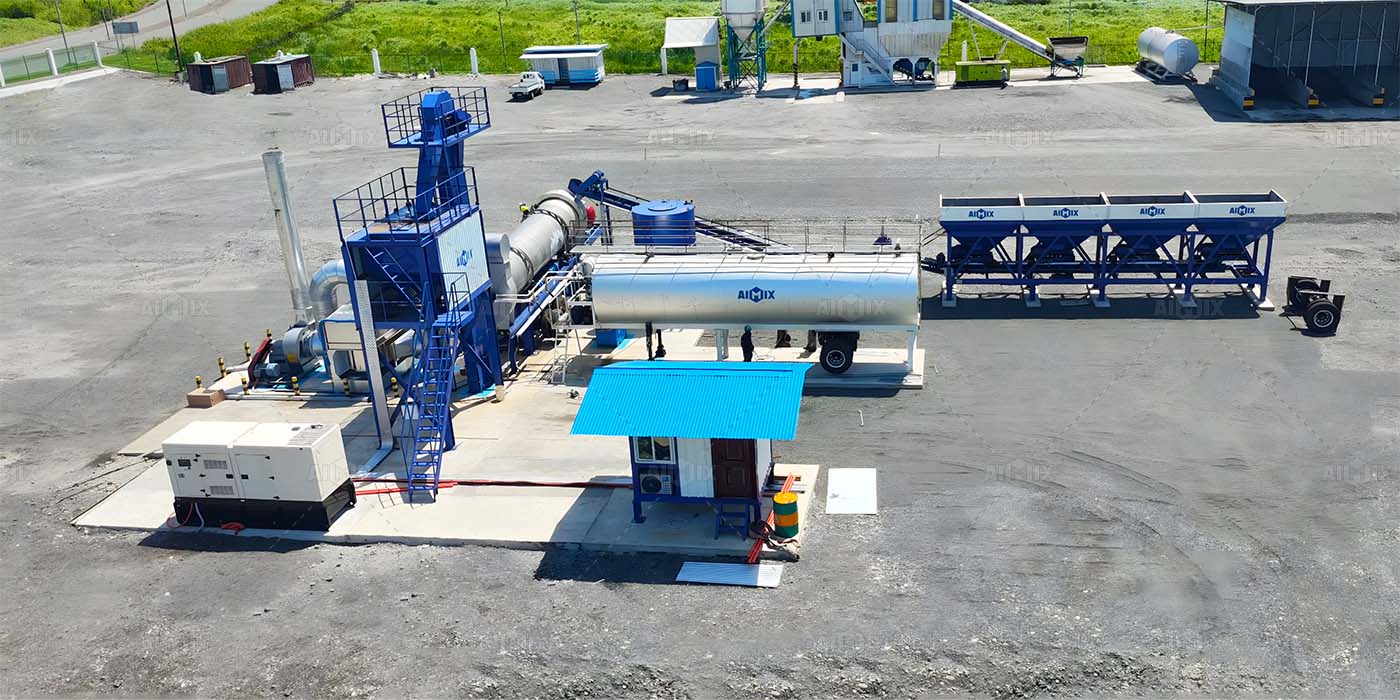Choosing the right asphalt plant is crucial for contractors working on residential street construction in Malaysia. The wrong plant can lead to inefficient production, higher costs, and project delays. In this article, we explore the factors that influence asphalt plant selection, typical sizes preferred by contractors, and practical advice for making the right decision.
Understanding Residential Street Construction Needs
Residential streets are usually narrower and shorter than highways or industrial roads. Consequently, the asphalt quantity required is smaller and the paving schedule is tighter. Contractors need a plant that delivers consistent quality but doesn’t produce excess asphalt that sits unused. This balance ensures cost efficiency and smooth project execution.

Additionally, residential projects often involve multiple short sections of road, sometimes with tight access points. Therefore, mobility, installation flexibility, and operational simplicity are as important as production capacity.
Key Factors Affecting Asphalt Plant Size Selection
Several factors influence which size asphalt plant is suitable for residential street projects:
1. Project Scale and Asphalt Demand
Small-scale residential projects generally require lower output, often between 20–60 tons per hour. Contractors usually prefer plants that match this demand to avoid idle capacity, reduce fuel consumption, and minimize material waste.
2. Space and Site Conditions
Many residential construction sites have limited space. Therefore, compact plants or mobile asphalt plants are often preferred. They can be set up quickly and relocated easily between multiple job sites, saving both time and cost. Mobile asphalt plants for sale offer such flexibility, making them ideal for residential projects.
3. Cost Considerations
Contractors must balance upfront investment with long-term operational costs. A smaller, efficient plant can reduce initial capital requirements while still meeting project demands. Maintenance simplicity and energy efficiency are also critical to keeping operational costs manageable. Plant asphalt solutions can help optimize these aspects.

Typical Asphalt Plant Sizes for Malaysian Contractors
Based on local contractor experience and project requirements, the most commonly chosen asphalt plant sizes for residential streets in Malaysia include:
- Mini Batch Plants: Output ranges from 20 to 40 tons per hour, ideal for short roads or small housing estates.
- Small Continuous Plants: Output ranges from 40 to 60 tons per hour, suitable for slightly larger neighborhoods or multiple short streets.
- Mobile Plants: Usually 20–50 tons per hour, offering flexibility to move between several construction sites efficiently. Mobile asphalt plants for sale are particularly popular for such applications.
Contractors often choose plants at the lower end of the production spectrum to match the intermittent nature of residential paving, thus ensuring that asphalt is freshly produced and not wasted.
Advantages of Choosing the Right Plant Size
Selecting the appropriate asphalt plant size brings multiple advantages. First, it reduces material waste and energy consumption. Second, it improves project scheduling by producing asphalt at the required pace without causing bottlenecks. Finally, it ensures consistent mix quality, which is essential for the long-term durability of residential streets.
Furthermore, the right plant size helps contractors maintain a competitive edge. Projects are completed efficiently, costs are controlled, and clients are satisfied with smooth, high-quality streets.

Practical Advice for Contractors
When selecting an asphalt plant, contractors should:
- Assess the total volume of asphalt required for the project.
- Consider plant mobility and ease of setup. Mobile asphalt plants for sale offer quick installation and relocation.
- Check the plant’s energy efficiency and maintenance requirements. Plant asphalt solutions can help optimize these aspects.
- Evaluate local support services for spare parts and technical assistance.
By carefully analyzing these factors, contractors can choose a plant that fits both project needs and budget, avoiding overcapacity and unnecessary expenses.

Conclusion and Recommendation
For residential street construction in Malaysia, contractors usually benefit most from mini or small mobile asphalt plants with output between 20–60 tons per hour. These plants provide the right balance of efficiency, quality, and flexibility, ensuring timely project completion without overspending. Asphalt plant in Malaysia solutions can help meet these requirements.
At AIMIX, we provide compact and mobile asphalt plants designed specifically for small to medium residential projects. With local support in Malaysia, our equipment ensures smooth operation, high-quality asphalt, and reliable performance. Contact us today to find the right asphalt plant for your residential street projects and start improving your construction efficiency immediately.